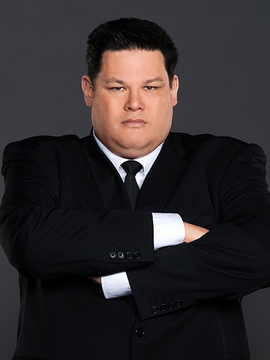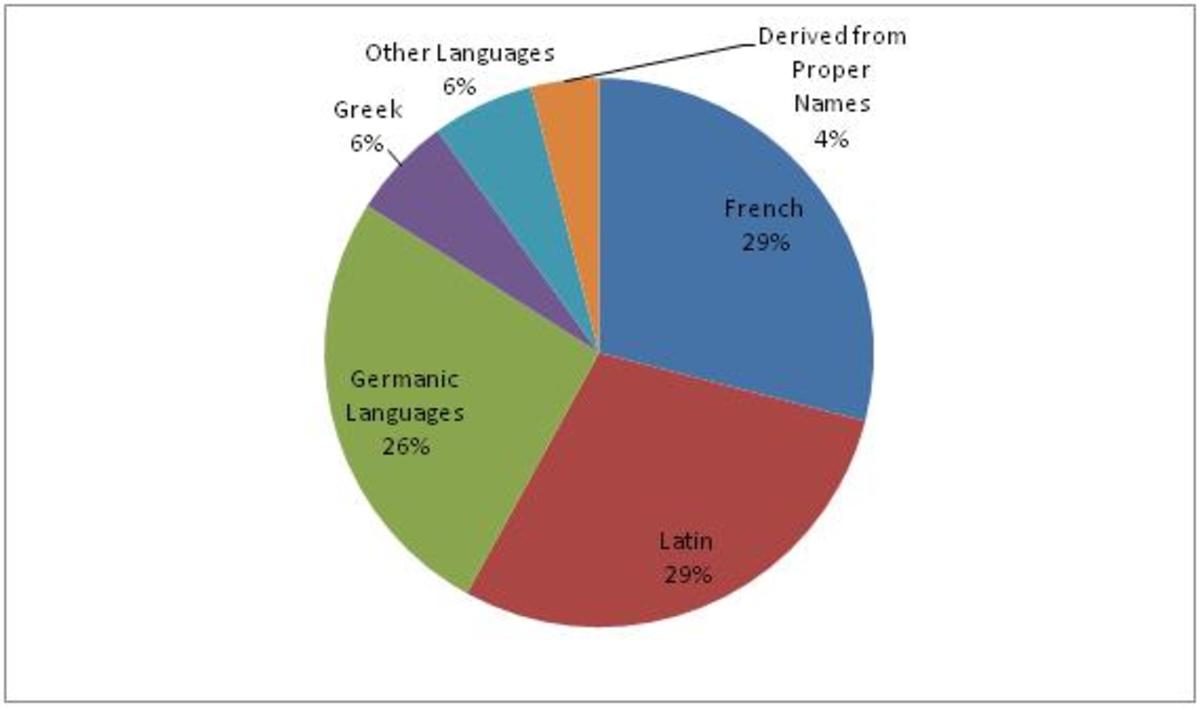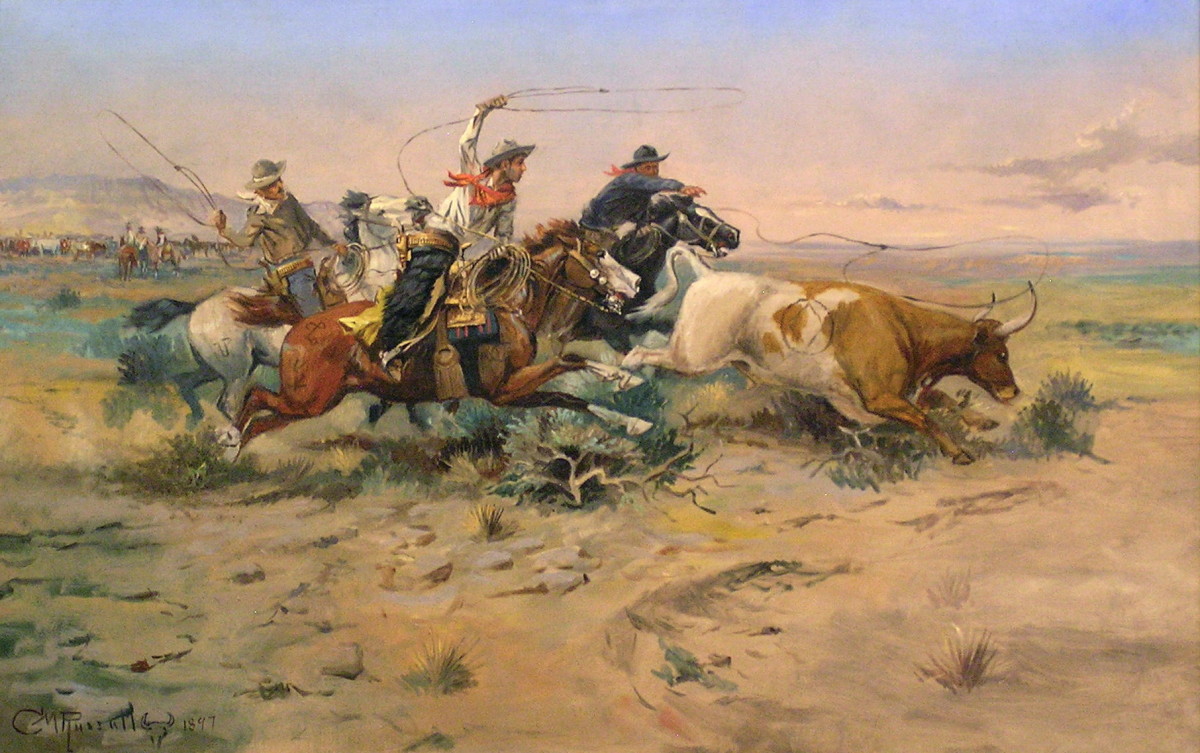Th-fronting: Talking of This and That

Fink About It
It's been a cockney trait for generations to pronounce words such as "think" and "thank" as "fink" and "fank", and "this and "that" as "vis" and "vat". It's a feature of the accent. But this "feature" has crossed over all the regional accent boundaries and has become commonplace in speech all over Britain these days.
Take Mark Labbett for example. He was born and raised in Devon, which is not renowned for th-fronting. When I hear Mark (on TV quiz show The Chase) offering contestents "firty fousand pounds" I wonder where he picked up the habit. But he's not alone.
I was discussing this very subject with a friend of mine who lives in the Peak District. She has four grown up sons and she maintains that all of them pronounced "th" words correctly as young children, but now in adulthood three of them have adopted th-fronting in their standard speech. The one son who hasn't fallen into the habit has three children of his own (two boys and a girl) and, ironically, his boys have adopted th-fronting despite him trying to teach them otherwise. Fact: it isn't parents who teach their children how to speak; it's their peers. You might set them off in the right direction, but by the time they're teenagers they'll be doing things their own way.
Apparently the th-fronting custom has spread as far north as Glasgow. One theory for this is that the cockney trait is being spread by the highly popular BBC soap Eastenders. This does make sense; you are almost guaranteed never to hear a single "th" sound during an episode of the gritty (some might say depressing) drama. I blame those Mitchell bruvvas. That Phil Mitchell (or "Phiw Mitchoow" as he's known locally), it's all his fault! No, I think Eastenders is probably just a scapegoat.
Food for Fought
The bottom line is, kids are lazy. If they can save themselves a few calories by avoiding placing their tongue between their teeth then they will. The difference these days is they are seldom corrected. When I was a school boy (last century) any child who had a speech impediment was given extra help in the form of elocution lessons. Teachers would immediately pick up on words said incorrectly and set the record straight before it got out of hand. It wasn't done with a view to ridicule the child in any way; it was simply education.
Times have changed, children say "vis" and "vat" (or sometimes "dis" and "dat") and carry it through into adulthood. But is th-fronting such a bad thing? The English language has never stopped evolving; you only have to look at a piece of historic literature to see just how much spelling and grammar have changed over the centuries. But you don't even have to go back that far; just watch an old black and white film. Does anybody really talk like that anymore? Perhaps th-fronting is just part of this ongoing evolution. We must embrace it. Fank you!



